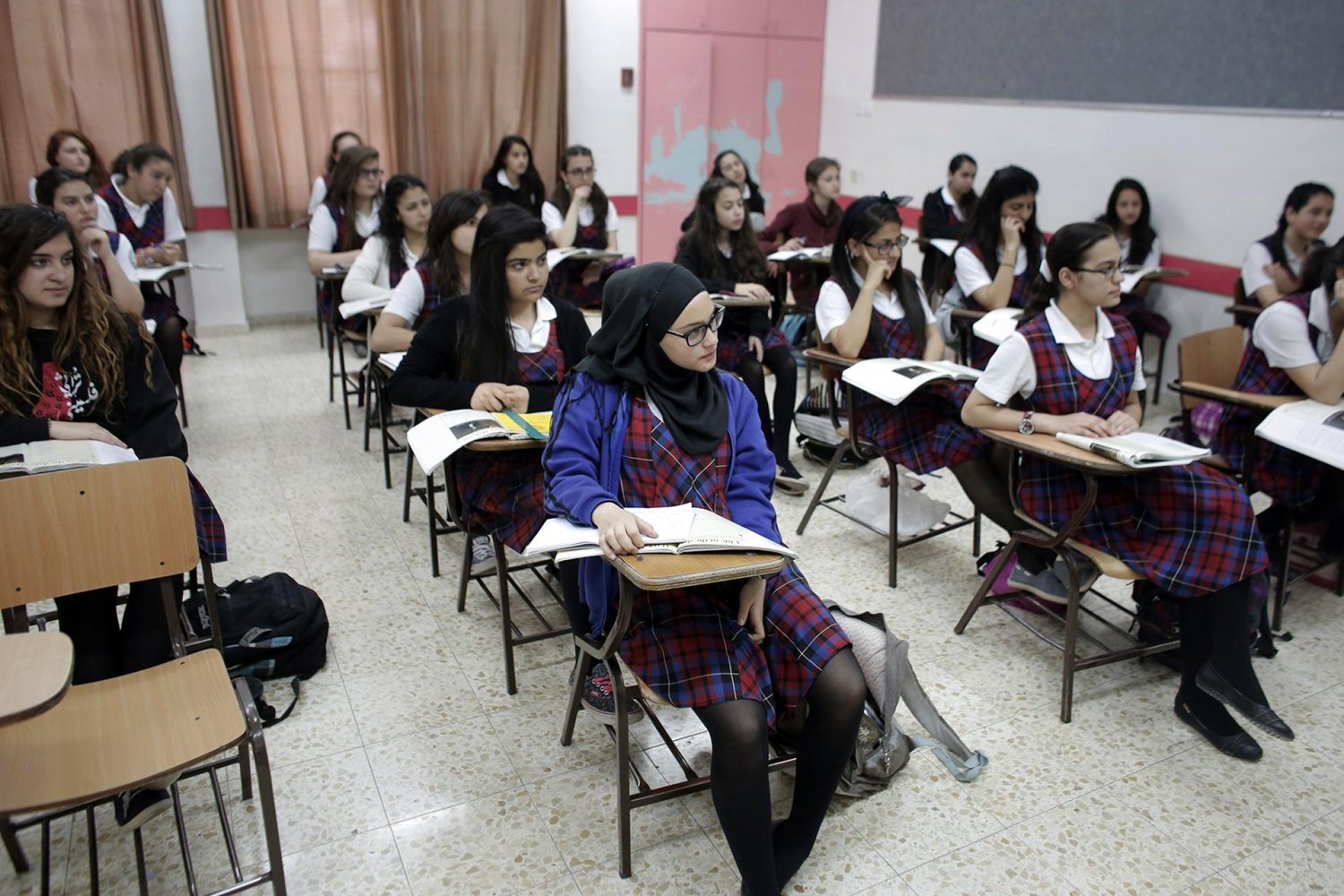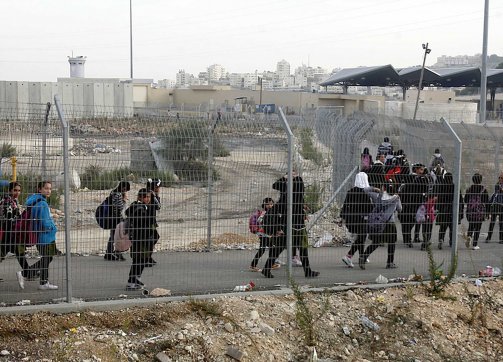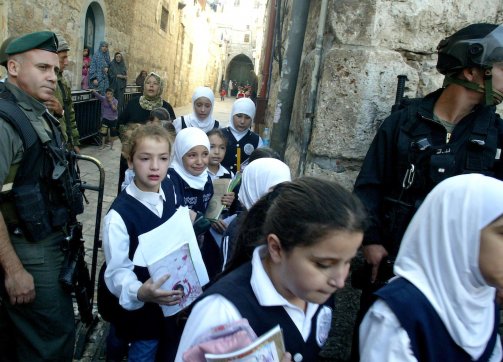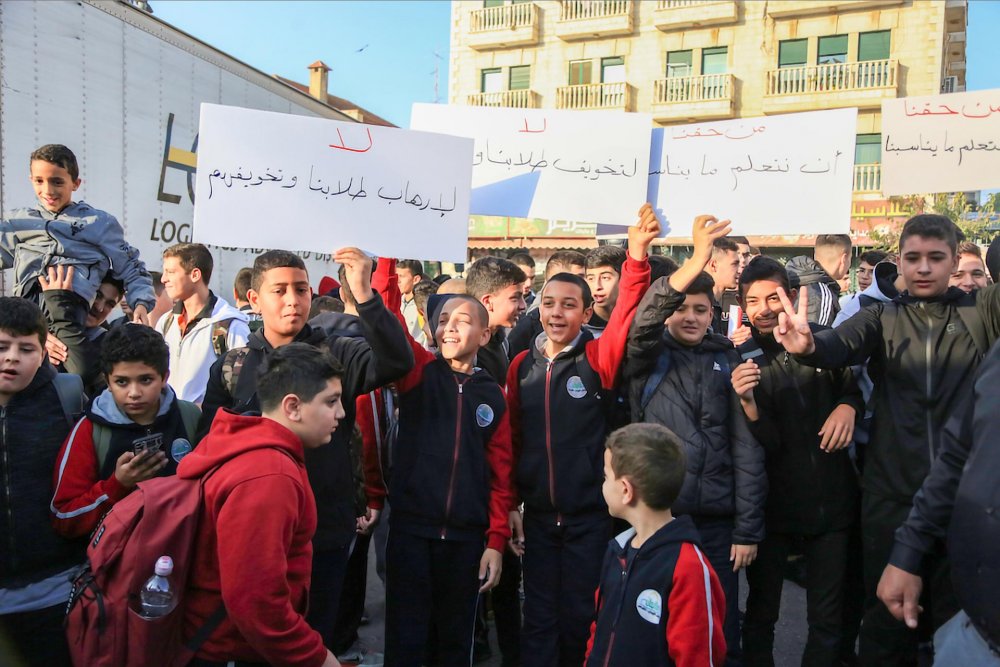With Israelis screaming for an independent judiciary outside Israel’s parliament after the government pushed forward with its judicial overhaul plans, other draconian bills have been able to slip under the radar.
On July 14, 2023, the Knesset (Israeli parliament) Plenum approved Bill No. 3147/25 in its preliminary reading seeking to deny state funding to schools in East Jerusalem that teach the Palestinian Authority (PA) curriculum under the pretext that such material incites terrorism.1 The legislation now moves to the Knesset’s Education, Culture, and Sports Committee for further review and approval. (In the Israeli parliament, proposed bills undergo a multistep review process before becoming laws.)
“The real goal of the bill’s initiators,” Jerusalem-focused nonprofit Ir Amim wrote in a news release, “is to deny the right of East Jerusalem residents to study according to their own culture, heritage, and historical narrative and to impose the Israeli curriculum on them.”2
“This is a Knesset [parliament] bill. We are not part of the decisionmaking process [because Palestinian residents are not allowed to vote for the Israeli Knesset—Ed.]. This is antidemocratic,”3 said Muhammad Abdelqader al-Husseini, chairman of the board of directors of the Faisal Husseini Foundation, a Palestinian organization supporting East Jerusalem’s Palestinian education sector. “This decision is a wrong decision; it is an illegal decision, because the ones affected—the people and the schools of East Jerusalem—we are not part of the decision-making process. It will not help the city at all. It will only deepen the gap between Israelis and Palestinians,” he told Jerusalem Story.
Al-Husseini sees the implications of the bill as going far beyond funding. “The question is not how it will affect schools but rather how it will affect the city. Because the Israelis are trying to pass a decision that affects—not the schools or the learning process—they are targeting the identity of the [Palestinian] people.”




